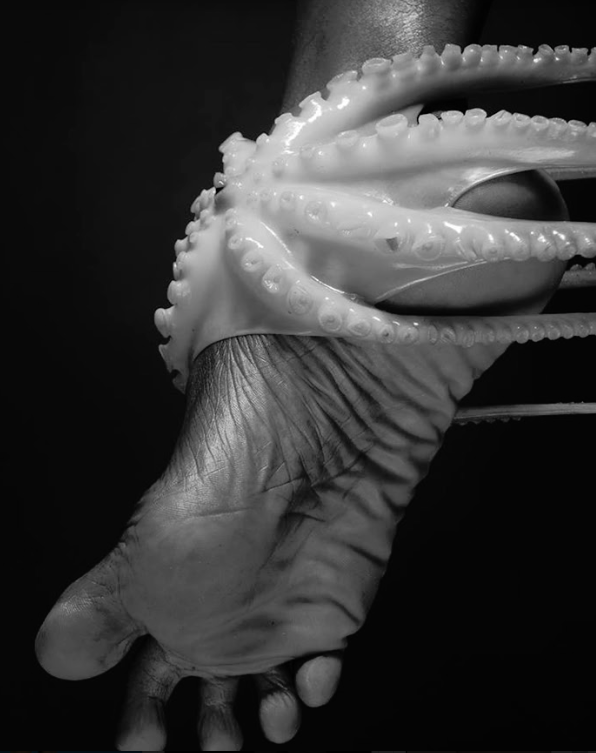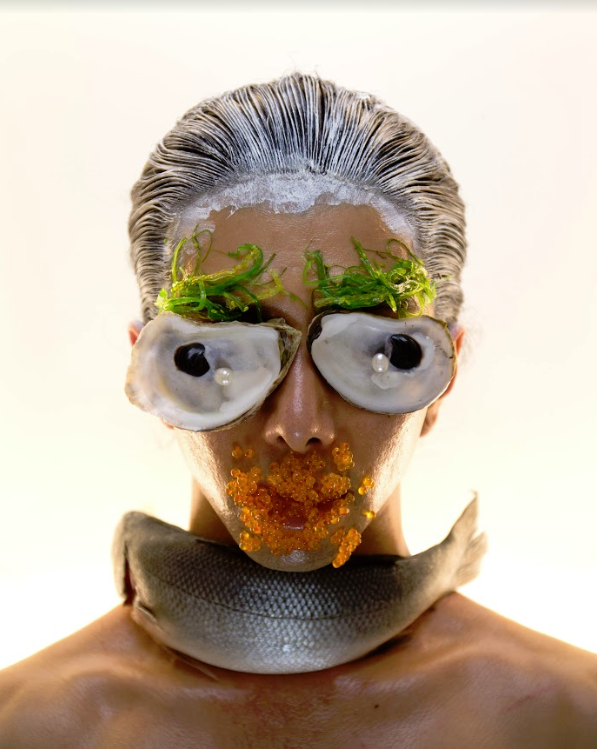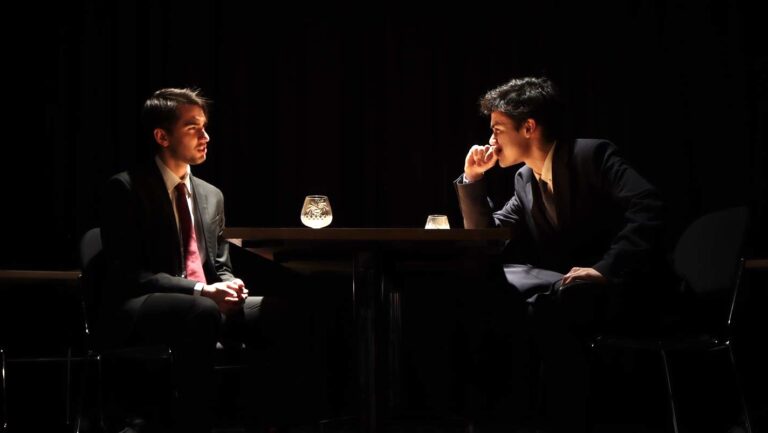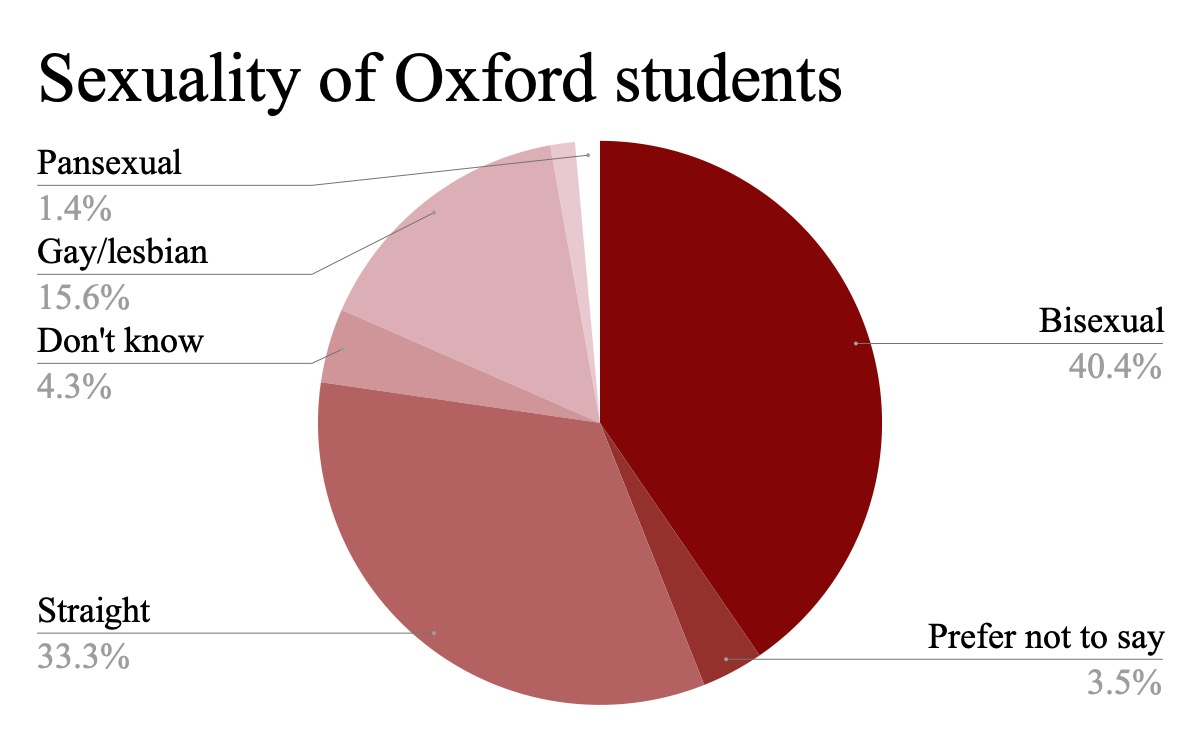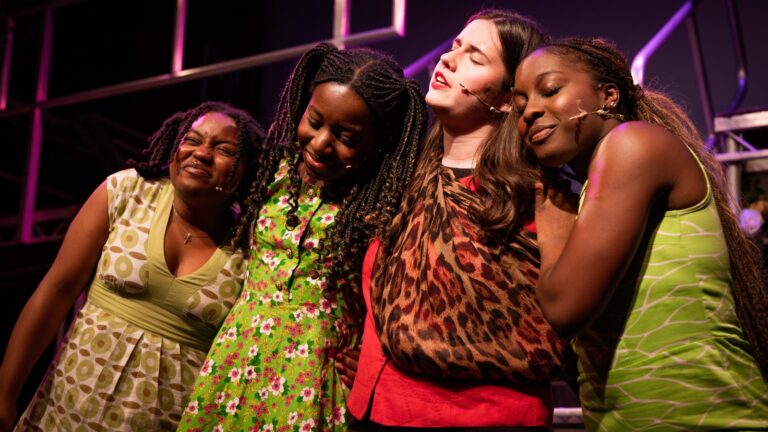I can still remember the first time I got drunk. I was around 13 years old. A friend had stolen some of his dad’s whisky, and we got through half a bottle together. The experience wasn’t particularly extraordinary, apart from one thing: even then I was astonished, terrified, by just how much I enjoyed being drunk. The rush, the feeling of the alcohol coursing through my veins, the way it made my worries and anxieties dissipate for a few blissful hours. I subconsciously realised something that, years later, I would spend countless hours grappling with; whatever joys I could experience sober, they would be even better with a bottle in hand.
The next few years went by relatively normally. The lack of independence borne from still living at home meant my alcohol use was kept in check. All that happened was that every week or two when me and my friends were out drinking, I’d always end up getting absolutely shitfaced – far more than anyone else.
Then I arrived at Oxford University. It only took a few weeks for my alcohol use to absolutely soar. I was 18 at this point, and without my parents breathing down my back, I was free to drink as much as I pleased. In the Michaelmas and Hilary just gone, I drank an average of around 100 to 150 units a week. I drank virtually every day – and I mean drank, enough that almost every night ended with me stumbling up the stairs to my accommodation and collapsing in bed, drunk out of my mind. I spent well over a thousand pounds on alcohol, leaving less than half of my money for other expenses.
There are probably very few environments worse for would-be alcoholics than Oxford University. The atmosphere of constant stress, the omnipresent ‘work hard, play hard’ undertone, the fact that almost every society runs countless boozy events, combined with virtually every college having a cheap and accessible bar, meant that I stood little chance. It’s true that, regardless of where I went, alcohol problems would have probably arisen. Of the three factors often leading to alcoholism – a family history of alcohol abuse, beginning drinking at a young age, and past mental health problems – I tick every one.
But Oxford undoubtedly exacerbated my issues. It doesn’t have much of a drug culture (in my experience, at least), but it has one hell of a drinking culture. Very few people seemed to notice how out of hand my drinking was getting. In a society where getting drunk regularly is a common occurrence, it’s hard to differentiate between someone who likes to drink and someone who needs to drink. When I finally began the long and painful process of seeking sobriety, the lack of support provided by the university was shocking. My addiction advisor suggested I seek out alcoholic support groups within the University. As far as I can tell, no such group presently exists.
The solution isn’t, however, some sort of puritanical clamp down on drinking among students. The vast majority of you reading this article will be perfectly capable of drinking healthily and in moderation – and I am deeply envious of you. College bars and drinking events provide most with a hugely enjoyable social space. Some alcohol free alternatives would be nice, but that’s all. Instead, the University needs to do more to assist those students who are struggling; and we all need to be more ready to look out for the warning signs of alcohol dependency. There’s nothing wrong with wanting to drink; but when we start noticing that ourselves, or others, need to drink, alarm bells should be raised.
The writing of this article marks the two month anniversary of my sobriety. These past few weeks have been tough, much tougher than I could have ever expected. But they’ve also been incredibly rewarding. Getting over an addiction requires a complete life reset; it requires reconnecting with the friends and passions that you lost to booze. The constant urge to drink still hasn’t left me, if it ever will. Knowing that you can’t under any circumstances do the thing you want to do more than anything else is torture. But finally, for the first time in many months, I’m able to appreciate the beauty of our world, the simple joys of friendship, without the distorting lens of the bottle – and that makes it all worth it.
But if there’s one piece of advice I want anyone who relates to this article to take to heart, it’s this: don’t go cold turkey. Alcohol is one of the few drugs whose withdrawal can be fatal. For me, it was so bad that I was rushed to the John Radcliffe emergency unit, suffering from delirium tremens – a condition arising from alcohol withdrawal with symptoms like tremors, delirium, hallucinations, and even seizures which could potentially lead to death. Talk to your doctor, or any other NHS resources, so you can withdraw with the help of medications to protect you.
Drinking in moderation can be great fun, but if you notice yourself or anyone else unable to put down the bottle, becoming dependent on alcohol to get through the day, it’s time to take a break. And if that’s too hard, speak to a pastoral adviser or counsellor. Alcohol nearly ruined my life. For many years to come, I think, I’ll still be grappling with its consequences. I don’t want it to ruin yours.




